Close arrow_back
- menu title
-
Custom Menu
add remove
-
Navigation
add remove
-
menu title
add remove
-
menu title
add remove
-
menu title
add remove
-
menu title
add remove
-
menu title
add remove
- menu title
-
Custom Menu
add remove
- Navigation add remove
-
menu title
add remove
-
menu title
add remove
-
menu title
add remove
-
menu title
add remove
-
menu title
add remove
SOLAS Consolidated Edition, 2020
Of all the international conventions dealing with maritime safety, the most important is the International
Convention for the Safety of Life at Sea, better known as SOLAS, which covers a wide range of measures
designed to improve the safety of shipping.
The Convention is also one of the oldest of its kind: the first version was adopted in 1914 following
the sinking of the Titanic with the loss of more than 1,500 lives. Since then there have been four more
versions of SOLAS. The present version was adopted in 1974 and entered into force in 1980.
In order to provide an easy reference to all SOLAS requirements applicable from 1 January 2020,
this edition presents a consolidated text of the Convention, its Protocols of 1978 and 1988 and all
amendments in effect from that date. Additionally, this edition includes Unified Interpretations to SOLAS
regulations, which were adopted by the Maritime Safety Committee.
Convention for the Safety of Life at Sea, better known as SOLAS, which covers a wide range of measures
designed to improve the safety of shipping.
The Convention is also one of the oldest of its kind: the first version was adopted in 1914 following
the sinking of the Titanic with the loss of more than 1,500 lives. Since then there have been four more
versions of SOLAS. The present version was adopted in 1974 and entered into force in 1980.
In order to provide an easy reference to all SOLAS requirements applicable from 1 January 2020,
this edition presents a consolidated text of the Convention, its Protocols of 1978 and 1988 and all
amendments in effect from that date. Additionally, this edition includes Unified Interpretations to SOLAS
regulations, which were adopted by the Maritime Safety Committee.
Podobne z kategorii
Availability: 1 In Stock
SafetyNET is an international automatic direct-printing satellite-based
service for the promulgation of maritime safety information including
navigational warnings and meteorological information and other urgent
safety-related messages to ships, as well as search and rescue-related
information, and fulfils an integral role in the Global Maritime
Distress and Safety System (GMDSS).
This edition of the Manual, renamed the *International SafetyNET
Services Manual*, incorporates changes introduced to the Inmarsat
satellite network and services including the Inmarsat Fleet Safety
service, which has been recognized as a mobile satellite service for use
in the GMDSS by adoption of resolution MSC.450(99).


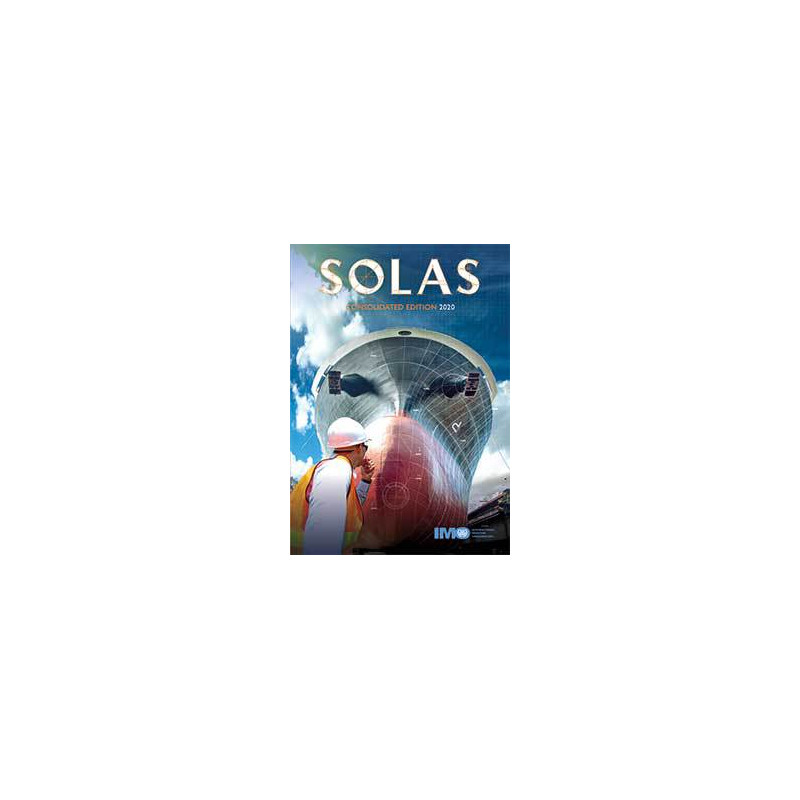

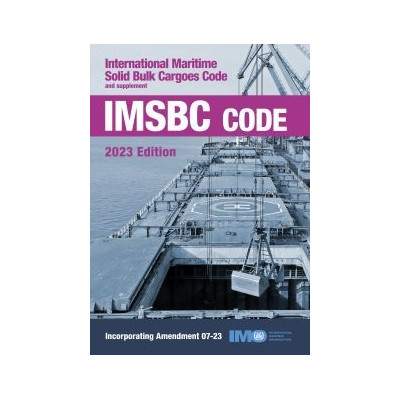
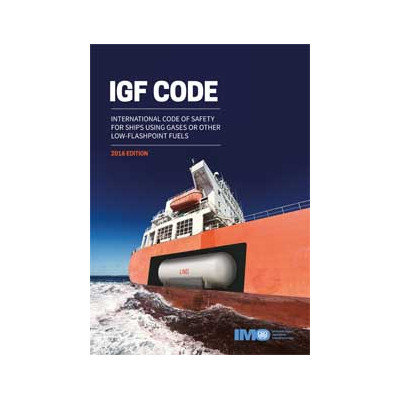
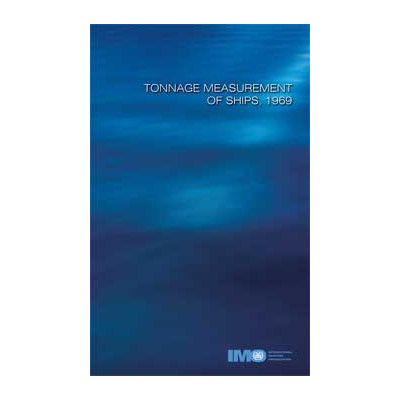
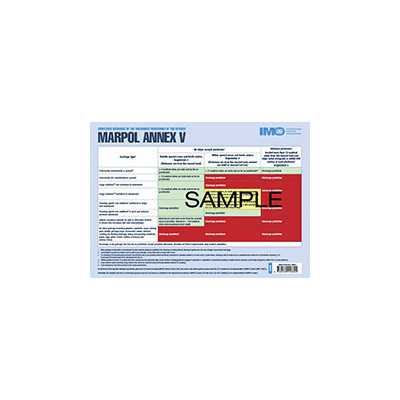
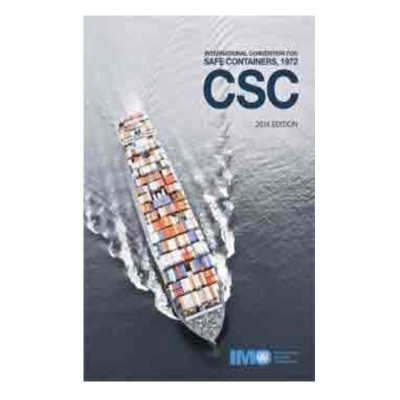
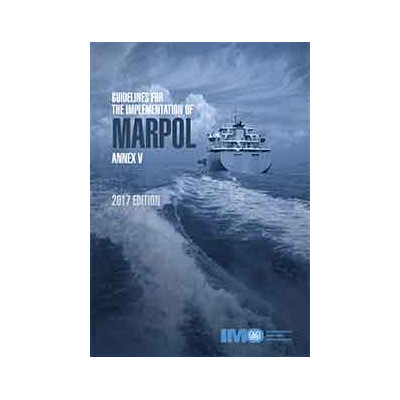
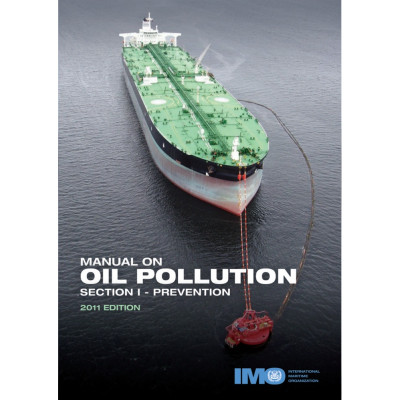
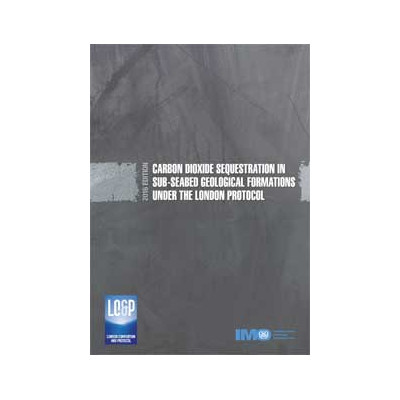
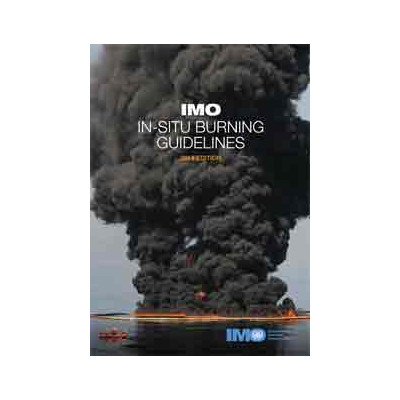
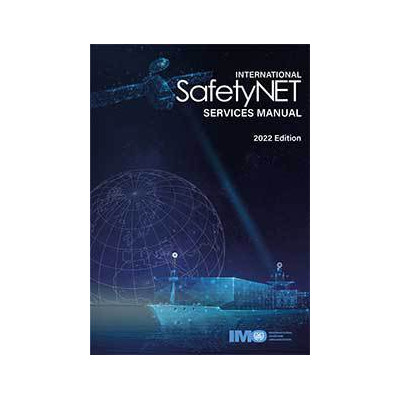
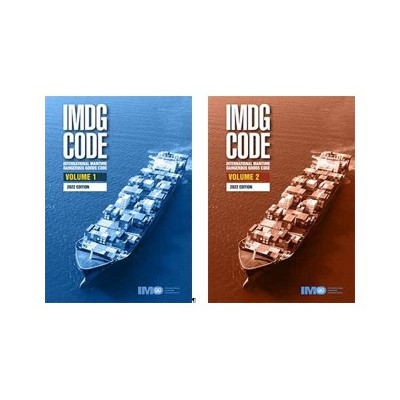
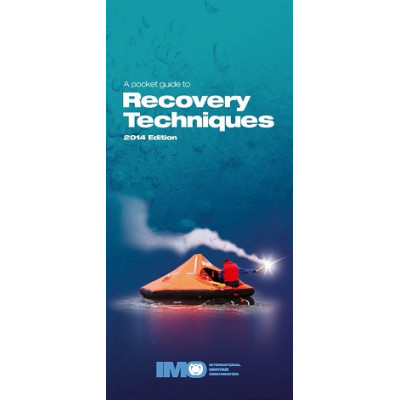
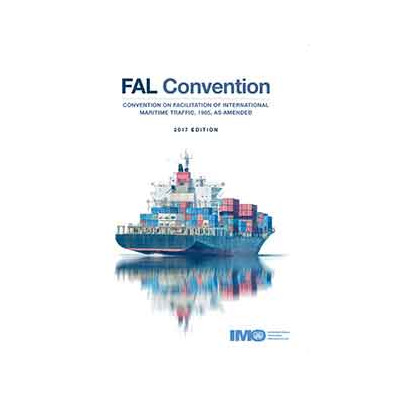
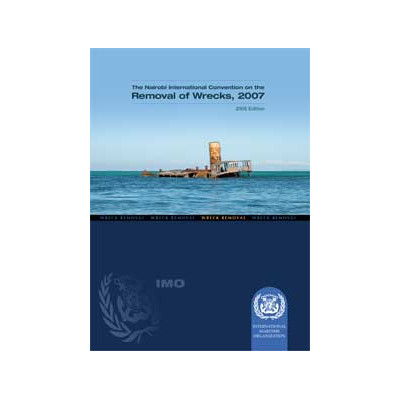
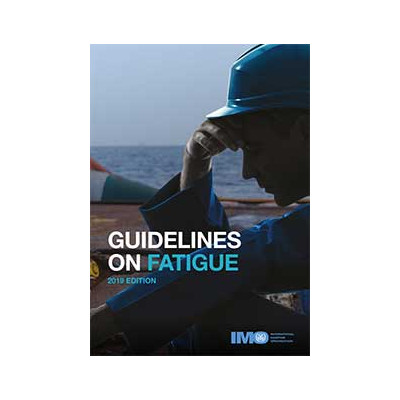
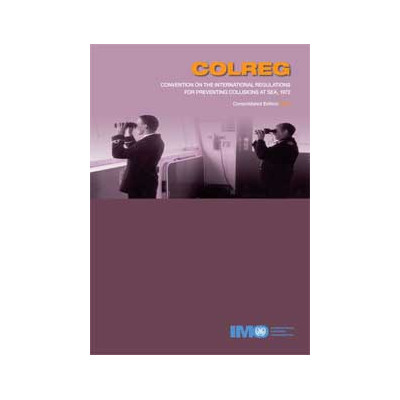
 Cookies
Cookies